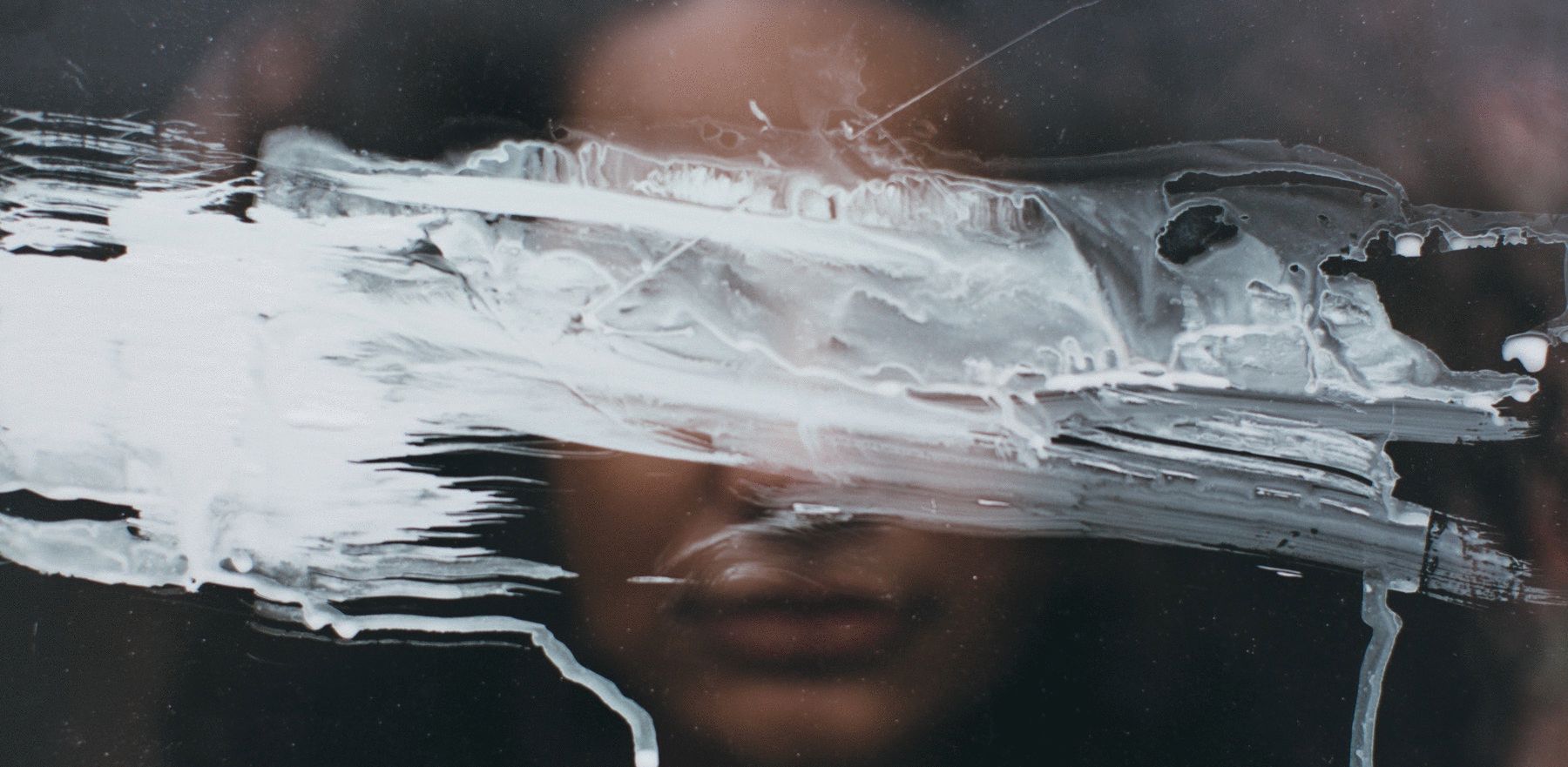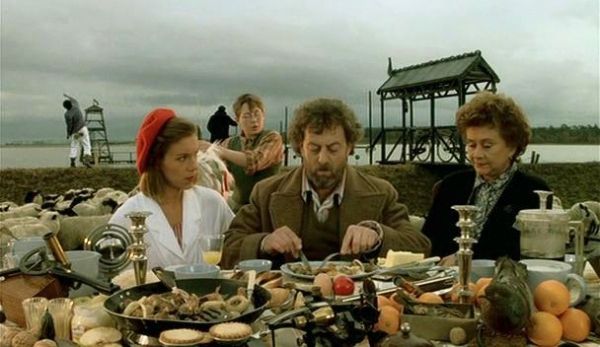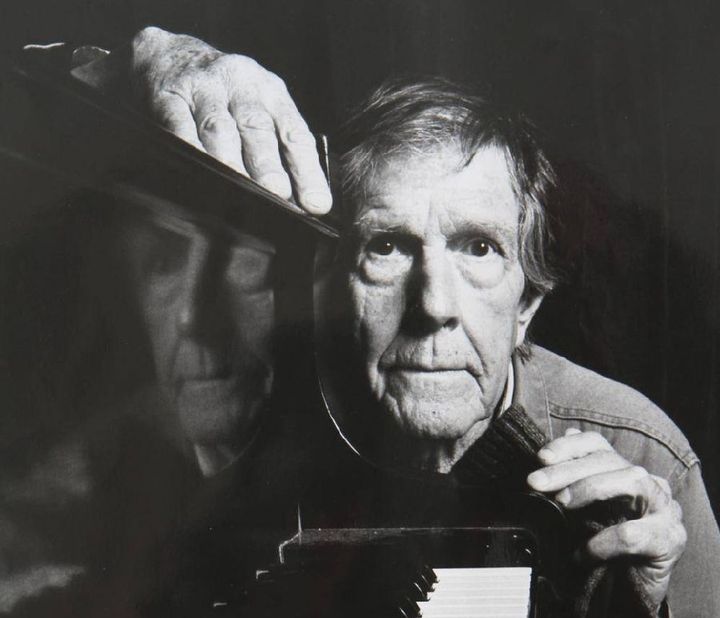Righteousness Is Beautiful

The Daily Stoic for May 6th: “Righteousness Is Beautiful”.
“Then what makes a beautiful human being? Isn’t it the presence of human excellence? Young friend, if you wish to be beautiful, then work diligently at human excellence. And what is that? Observe those whom you praise without prejudice. The just or the unjust? The just. The even-tempered or the undisciplined? The even-tempered. The self-controlled or the uncontrolled? The self-controlled. In making yourself that kind of person, you will become beautiful—but to the extent you ignore these qualities, you’ll be ugly, even if you use every trick in the book to appear beautiful.”
—EPICTETUS, DISCOURSES, 3.1.6b–9
One of my favorite classic books of all times is “The Picture of Dorian Gray“. In case you don’t know the story, here’s an summary from the Wikipedia:
Dorian Gray is the subject of a full-length portrait in oil by Basil Hallward, an artist who is impressed and infatuated by Dorian’s beauty; he believes that Dorian’s beauty is responsible for the new mode in his art as a painter. Through Basil, Dorian meets Lord Henry Wotton, and he soon is enthralled by the aristocrat’s hedonistic worldview: that beauty and sensual fulfilment are the only things worth pursuing in life.
Newly understanding that his beauty will fade, Dorian expresses the desire to sell his soul, to ensure that the picture, rather than he, will age and fade. The wish is granted, and Dorian pursues a libertine life of varied and amoral experiences, while staying young and beautiful; all the while his portrait ages and records every sin.
One of the most fascinating concepts of the book is the fact that, no matter how evil Dorian turns throughout the book. His young, beautiful face makes others believe he is a good, innocent person, incapable of any harm.
This concept may seem ridiculous, but it’s been proven that physical appearance indeed influences our opinion of other people, to the point of affecting the results of elections based on the attractiveness of the candidate.
Probably you know some people that vote depending on how they like or not the candidate. And I mean how they like them physically. I certainly know some people that unapologetically admit that. Hence, consider the influence that it can have on most people at a subconscious level.
And that shows a general preconception of our society. We tend to exalt and worship beauty. That’s what Instagram’s all about.

Righteousness Is Beautiful… Not The Other Way Around
This preconception clearly exists in the novel of Oscar Wilde. As Dorian abandons himself to hedonism, sin and crime, his painting starts showing the signs of such life choice. Meanwhile, his face keeps the innocent beauty of youth.
While you can argue that your character somehow reflects on your face or looks, that can’t be affirmed universally.
However, the reverse is true in my eyes. When you speak with a truly righteous, humble and generous person, appearance fades into the background. These people are rare as a four-leaf clover, and shine with their own light.
Probably you can’t affirm that they are “beautiful” in the most shallow definition of the term. Nonetheless, they are beautiful people. Maybe we should stop pursuing physical beauty and instead try to be better human beings. After all, that’s the most durable beauty… One that instead of dwindling over the years, it grows if you take care of it.
Conclusion
Today’s Daily Stoic, “Righteousness Is Beautiful”, discusses one of those truths that seem universally accepted… but are not. Concretely, that righteousness is beautiful, not the other way around. Our society tends to worship and exalt physical beauty, but not so much beauty of character. What would happen if we changed that?




Comments ()